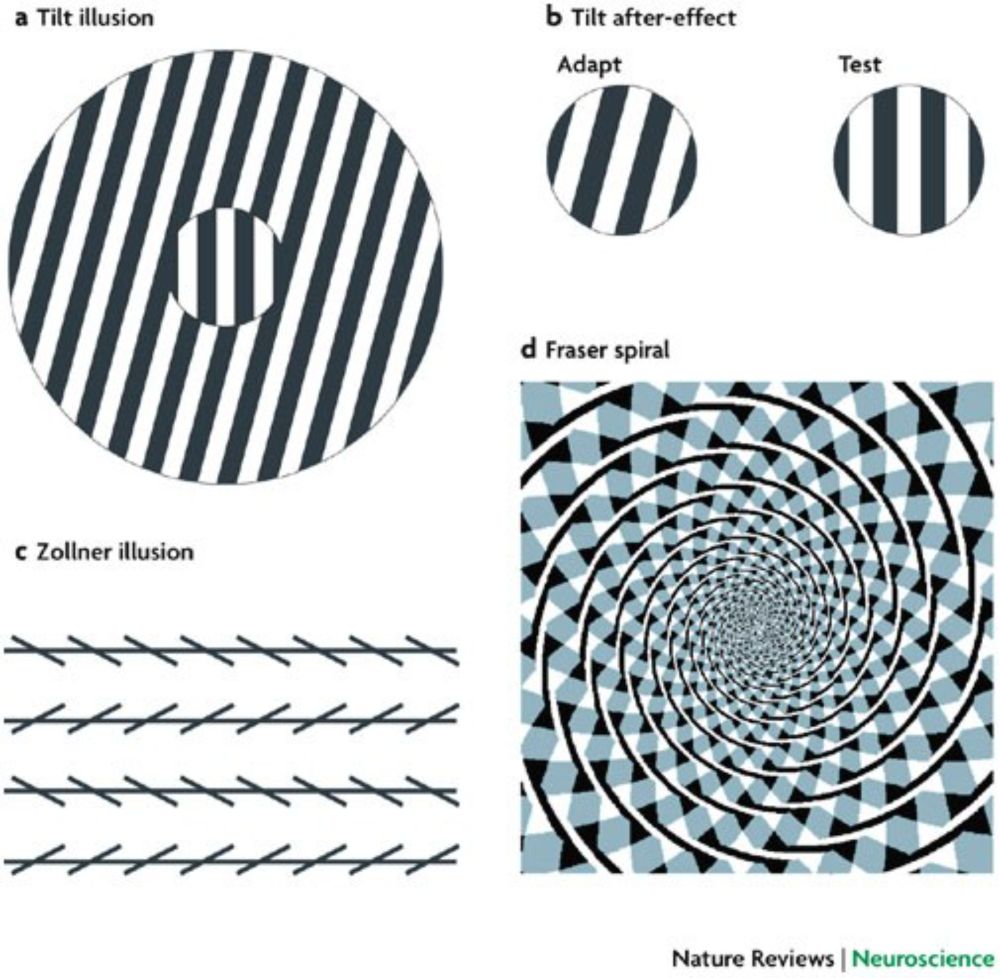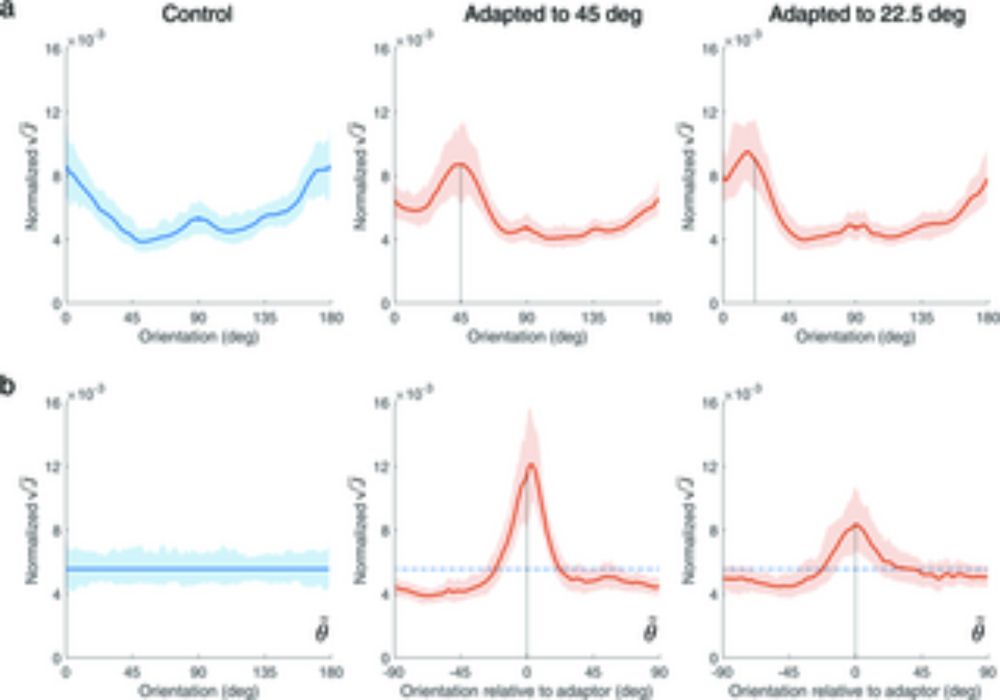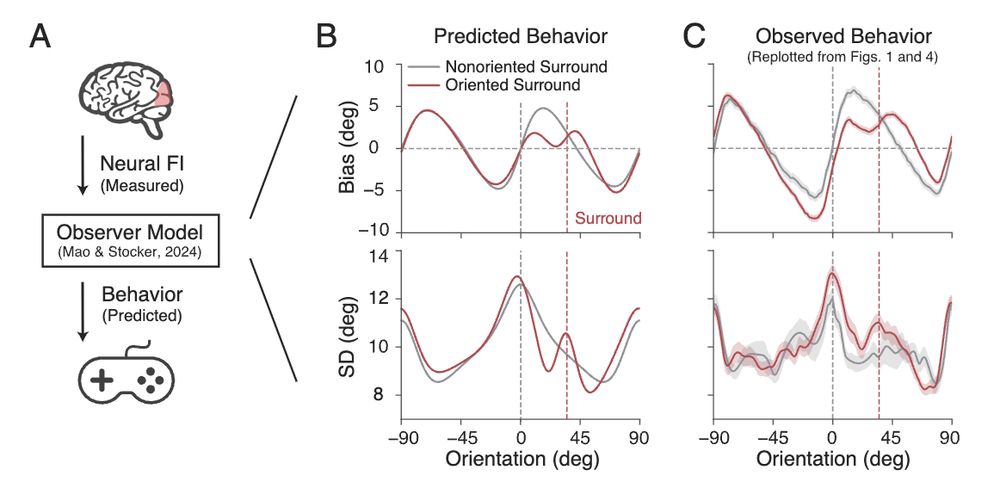
behavior of an adaptive system like the human mind is
not *a logical study of optimization* but an *empirical study
of the side conditions* that place limits on the approach to the optimum".
behavior of an adaptive system like the human mind is
not *a logical study of optimization* but an *empirical study
of the side conditions* that place limits on the approach to the optimum".






